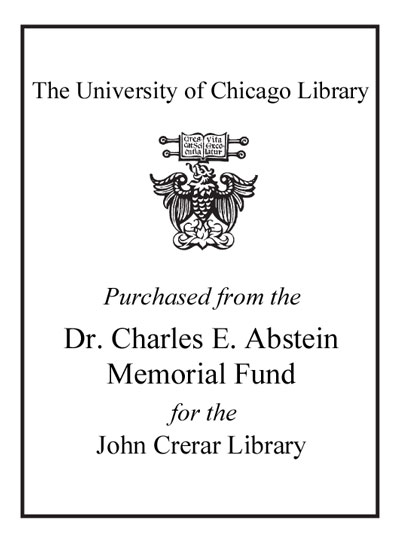Review by Choice Review
Health care issues will be a significant part of the discussion in the upcoming 2008 US presidential election, and for good reason. The US system for delivering health care is in big trouble and cannot be sustained indefinitely. It is too expensive, uneven in its distribution, and leaves too many people uninsured or underinsured. Many proposed solutions to this dilemma exist, one of which emphasizes market forces and individual responsibility. Known as Consumer-Driven Health Care (CDHC), this approach is based on neoclassical economics. Jost (law, Washington and Lee Univ.) has written an insightful and very informative book on the strengths and limits of the CDHC approach to meeting the health care needs of the US. In a very readable and compelling style, Jost lays out the problems in the current health care system, defines the primary issues one must consider in building a health care financing system, and explores the history and solutions that CDHC offers. The author also presents his own health care proposal, based on the American character and its political realities. The book is extensively referenced. It will be valuable as Americans search for a health care solution. Summing Up: Recommended. All levels. R. L. Jones emeritus, Pennsylvania State University, College of Medicine
Copyright American Library Association, used with permission.
Review by Library Journal Review
An increasing number of politicians, policy advocacy groups, and academic economists are touting consumer-driven health care (CDHC) as the solution to America's ailing health-care system, while others believe it's only a fad-one that would inevitably fail if implemented. CDHC advocates argue that patients would be more prudent consumers if they were to purchase health care with their own money. To accomplish this, the advocates propose the widespread use of health savings accounts coupled with high-deductible health insurance plans. They believe consumers should save up for health care, rely on these savings to cover routine health expenses, and use insurance only to meet the costs of catastrophic care. Jost (law, Washington & Lee Univ. Sch. of Law; Health Care Coverage Determinations: An International Comparative Study) carefully investigates the history, evidence, and theory of CDHC, ultimately finding it to be unrealistic and unfair. He argues that CDHC would have an adverse impact on the poor and would be ineffective in controlling the total costs of care. In the last chapter, he proposes alternative ways to reform the nation's health-care system. Jost's arguments are fair, thorough, and convincing; his book is well written and well researched. Recommended for academic libraries only.-Ross Mullner, Sch. of Public Health, Univ. of Illinois at Chicago (c) Copyright 2010. Library Journals LLC, a wholly owned subsidiary of Media Source, Inc. No redistribution permitted.
(c) Copyright Library Journals LLC, a wholly owned subsidiary of Media Source, Inc. No redistribution permitted.
Review by Choice Review
Review by Library Journal Review


